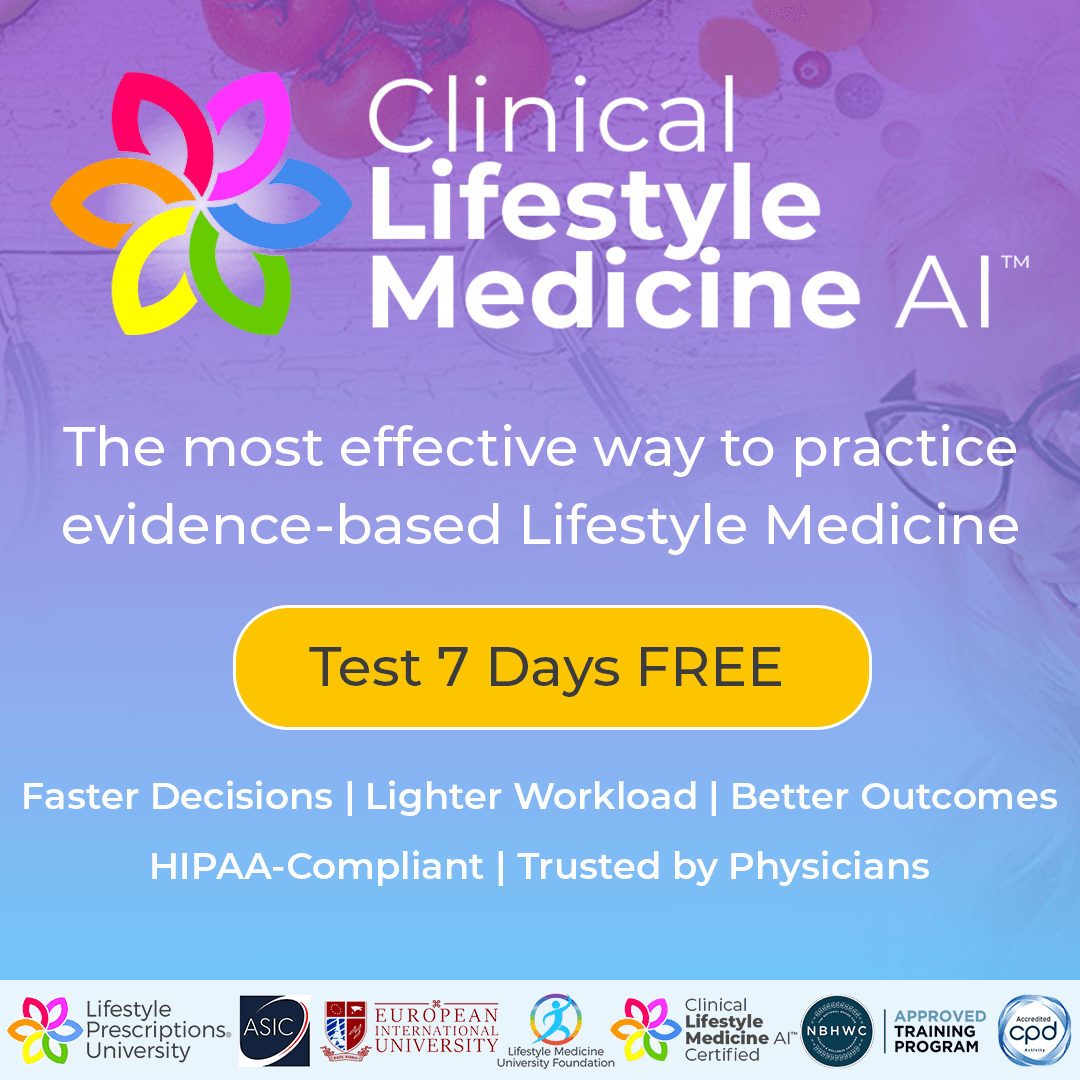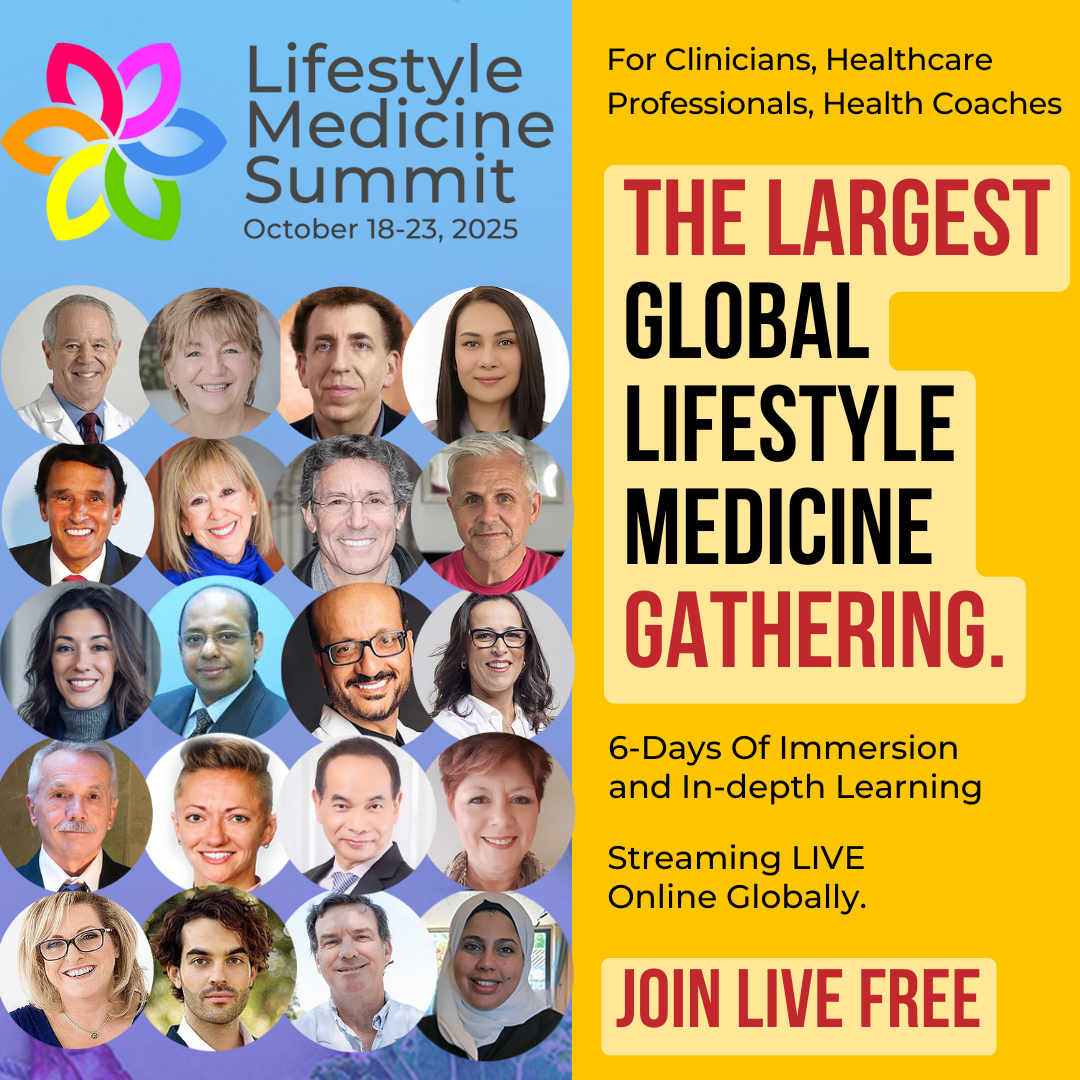\"The Latest Research on Lifestyle Medicine and Heart Disease Prevention\"
The Role of Diet in Heart Disease Prevention
One of the most significant findings in recent research highlights the power of a plant-based diet in reducing the risk of heart disease. Studies show that diets rich in fruits, vegetables, whole grains, nuts, and legumes can lower cholesterol levels and blood pressure, two major risk factors for heart disease. Moreover, reducing saturated fats and processed sugars is critical for maintaining a healthy heart.

Exercise and Its Impact on Heart Health
Regular physical activity is another cornerstone of heart disease prevention. Research underscores that moderate-intensity aerobic exercise, such as brisk walking or cycling, for at least 150 minutes per week can significantly reduce the risk of developing cardiovascular diseases. Exercise helps in managing weight, improving blood circulation, and strengthening the heart muscle itself.
Stress Management: A Key Factor
Chronic stress has been identified as a silent contributor to heart disease. Innovations in lifestyle medicine are focusing on techniques such as mindfulness, meditation, and yoga to reduce stress levels. These practices not only help in calming the mind but also positively impact heart rate variability and blood pressure, which are critical for heart health.

The Importance of Sleep in Cardiovascular Health
Emerging research highlights the link between poor sleep and heart disease. Insufficient or poor-quality sleep can lead to hypertension and systemic inflammation, both of which are risk factors for cardiovascular diseases. Experts recommend seven to eight hours of quality sleep per night as part of a heart-healthy lifestyle.

Smoking Cessation and Alcohol Moderation
Smoking is one of the most significant contributors to heart disease. Lifestyle medicine emphasizes quitting smoking as a non-negotiable step toward prevention. Additionally, moderate alcohol consumption, particularly of red wine, has been associated with some heart health benefits, though the key lies in moderation.
Personalized Lifestyle Interventions
What sets lifestyle medicine apart is its focus on personalized interventions. Recent studies suggest that tailored approaches considering an individual’s genetic predispositions, lifestyle habits, and socio-economic factors can significantly enhance the effectiveness of heart disease prevention strategies.

Conclusion
The latest research in lifestyle medicine is transforming the way we approach heart disease prevention. By adopting a holistic lifestyle encompassing diet, exercise, stress management, and sleep hygiene, individuals can drastically reduce their risk of heart disease. As we continue to uncover more about the profound connection between lifestyle choices and heart health, the future looks promising for combating this global health challenge.
© 2015-2026 Lifestyle Prescriptions® University. The terms Lifestyle Prescriptions®, Organ-Mind-Brain Anatomy™, and Root-Cause Health Coaching™ are worldwide trademarks of the Lifestyle Prescriptions® University and can only be used after completing qualifying training programs. Lifestyle Medicine WORKS™, Lifestyle Medicine Summit, HealthiWealthi™ are trademarks of Lifestyle Medicine University Foundation.
* This website and all LPU training programs are for educational purposes only. No medical diagnosis, therapy, or treatment is provided.










